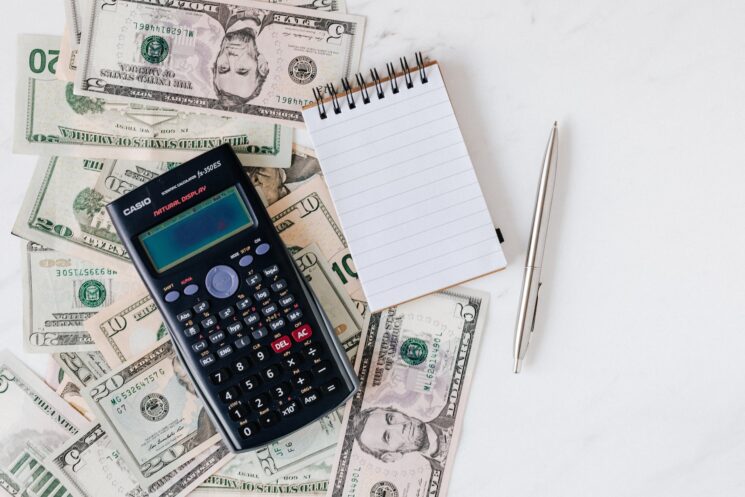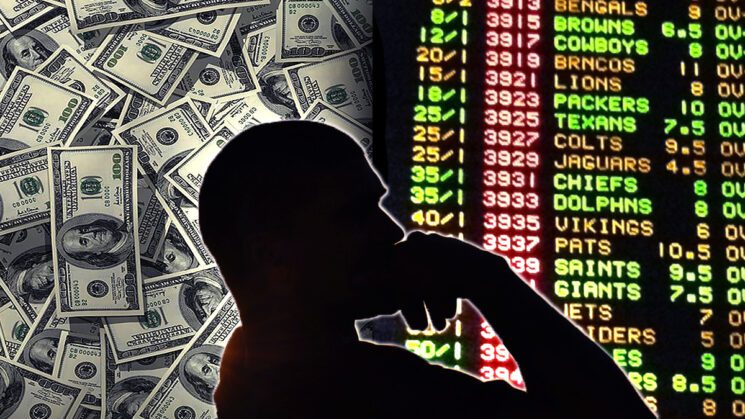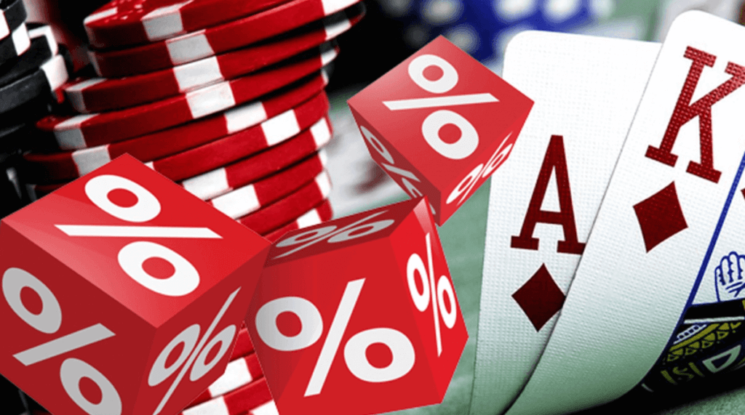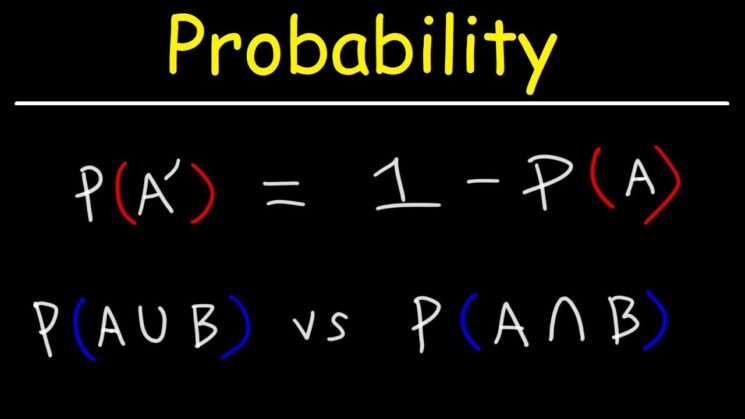Are you a sports fan who has ever seen odds on a game and wondered how bookmakers come up with the numbers? If so, you’re in the right place. In this blog, we’re diving into the mathematics of bookmaking and exploring how bookmakers use algorithms to create sports betting lines. So grab your favorite beverage and get ready to explore the fascinating world of bookmaking!
In This Post
Mathematics of Calculating Odds

Bookmakers create odds to reflect the probability of a certain outcome. To do this, they use statistical calculations to determine the potential chances of an event occurring. This includes gathering past data to help come up with a more accurate prediction.
The aim is to ascertain an all-important balance between the likelihood of an event occurring and the expected return on any bet placed on that event. Among other considerations, bookmakers like bookmaker 20Bet will think about how large or small their profit margin should be. This is often referred to as ‘juice’ or ‘vig’.
They also have to consider potential maximum bets in order to stay profitable long-term and they must also take into consideration any relevant existing knowledge about particular markets and events from their own experience, analysis, and teams of professionals around them. These factors are used in combination with complex mathematical equations:
- Using the law of total probability, bookmakers calculate the implied probability for each outcome
- Expected Value (EV) is used when evaluating returns versus risks
- Poisson distribution and normal distribution are mathematical models often used by bookies when calculating probabilities
Although it’s not necessary for recreational bettors and amateur sports fans to understand the mathematics themselves, it’s important they have an understanding of what’s going on behind the scenes when it comes to creating odds in order to make better-informed decisions when betting.
Factors that Influence Odds

There are many factors to include when creating betting odds. These vary from sport to sport and from event to event, but some of the most important include:
Form/Past Performance: Past results are an integral factor in predicting future tournament outcomes. Bookmakers take these into account when creating odds for a match or series of matches.
Location/Surface: In sports like tennis and golf, a different playing surface can significantly change the outcome of a match or tournament. Bookmakers also adjust their odds accordingly based on the surface on which a game will be played (e.g., grass, clay, hardcourt).
The Teams/Players: The performance and form of individual players are taken into account by bookmakers when creating odds for tournaments or matchups between two teams or players. Factors such as recent losses, long-term injuries, and fatigue levels over a period of time will all impact the outcome and thus resulting in betting lines accordingly created by bookmakers.
Historical Trends & Statistics: Bookies also use historical data to determine likely outcomes for any upcoming match-ups or tournaments they offer odds on. Trends can reveal what is likely to be expected across different formats of tournaments such as team vs individual sports and so on.
Weather & Environmental Conditions: For outdoor sports such as cricket or football weather conditions heavily influence the final result and any underlying conditions caused by it, for example, variable temperatures during tennis matches may affect ball bounce – something important in tennis – have a direct impact on game betting lines.
Other Events That Impact Outcomes: Other events that may have an impact on results could include factors such as school holidays breaking up seasons in more traditional sports like rugby union or any other government-related interventions that may affect games being played at certain times of the year.
Understanding the House Edge

At the core of bookmaking lies a concept called the “House Edge”. This is a mathematical advantage held by the bookie, which ensures that the house never loses and always makes a small profit. The House Edge is usually expressed as a percentage from 0 to 100. Generally, the higher the House Edge, the more money bettors will lose in total over time.
The House Edge can be applied to all forms of gambling, from sports betting to horse racing and casino games such as slots and baccarat. Bookmakers employ several methods for calculating their betting odds. These generally fall under one of three categories:
- True odds involve calculating probabilities based on accurate statistics and data that make up a fair representation of sporting contests.
- Adjusted odds refer to when the house edge has already been added by removing actual finishing talents from probability events and adding in favorites instead – creating an imbalance that ultimately gives them better returns than what should actually have been expected on paper.
- Market opinion pricing involves adjusting lines based on public demand or perception taking into account assumed outcomes rather than calculated results. By applying this method, bookmakers can assist in managing market risk so as not to suffer large losses when favorites lose out unexpectedly.
The Probability of Events

An important part of understanding how bookmakers create odds involves understanding the probability of events. In simple terms, this means estimating the likelihood or chance that an event will occur. Bookmakers use probabilities to determine what odds to offer on different bets and different outcomes for a particular event.
Probabilities are typically expressed as a percentage or fraction – for example, a coin toss has an equal probability of heads (50%) or tails (50%) – which is used by bookmakers to calculate the expected payout for each possible outcome. When calculating the expected payout, bookmakers will also factor in their margin so they get some degree of profit on every bet they make.
Conclusion
In conclusion, bookmakers use a complex mathematical model to calculate likely outcomes and use those research-based predictions to set more profitable odds. They have to consider both the amount of money they will be paying out and their risk of losing that amount when setting their odds. To make sure they are helping their customers make informed bets, they put a variety of market tools at their disposal and offer different types of odds.
Betting markets are constantly changing and odds could go up or down depending on the outcome of various events. Despite being a complicated process, creating bookmaker odds is an essential part of the betting industry, and understanding how it works can help bettors increase their chances for success. For more information on safe and reliable betting options, you can check out https://bastaspelbolagutanlicens.com/.